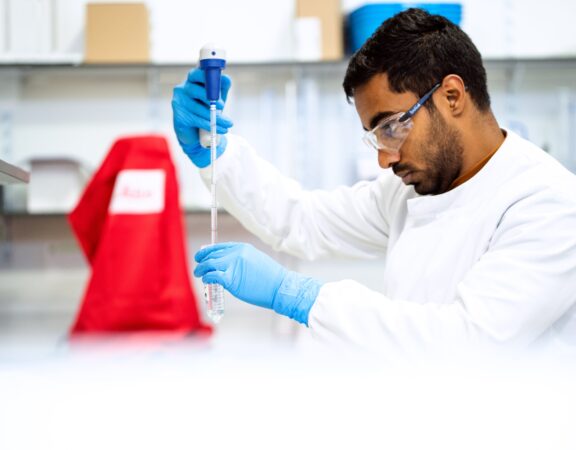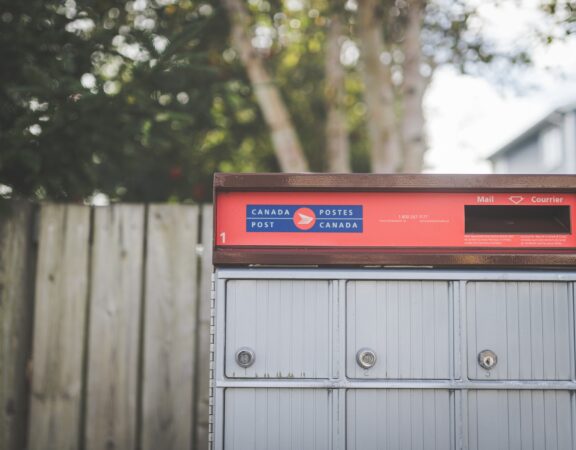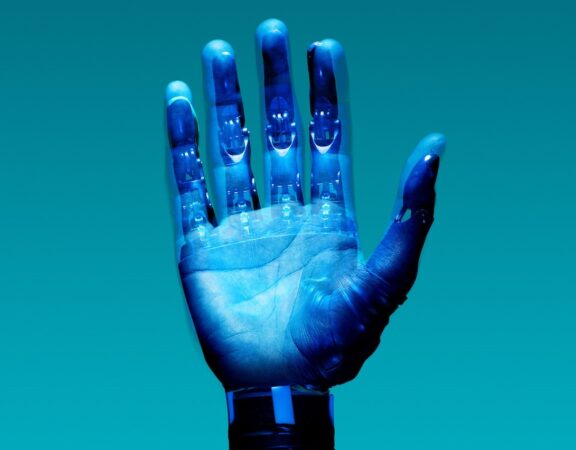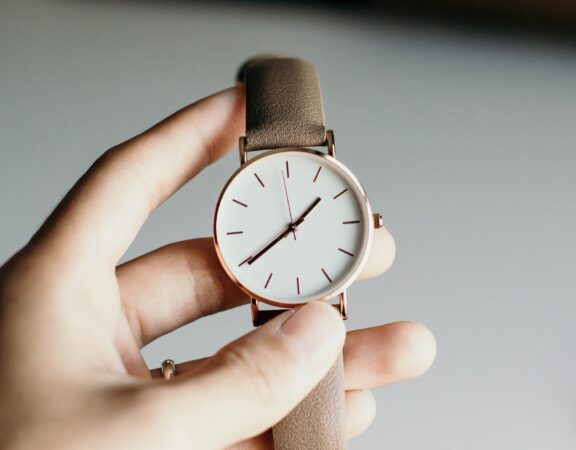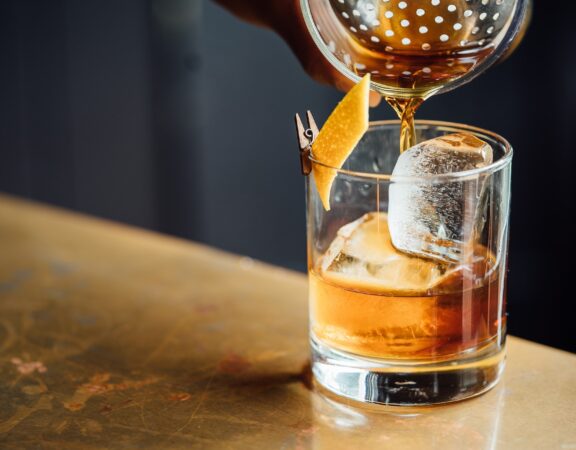- Filter by
- Categories
- Tags
- Show all
- Article
- Confusion
- Contract
- Copyright
- Corporate
- Domain Names
- Employment
- Expungement
- Expungement
- Grey Marketing
- Industrial Designs
- Licensing
- Obviousness
- Opposition
- Passing Off
- Patent
- Patent Infringement
- Patent Strategy
- PCK News
- PM(NOC)
- Procedure
- Prosecution
- Services
- Summary
- Trade Secrets
- Trademark
- Use
- Validity
- Abandonment
- Abstract Theorems
- Abuse of Process
- Accounting of Profits
- Alice/Mayo Test
- Ambiguity
- Anticipation
- Appeal
- Apple
- Artificial Intelligence
- Assignment
- Bargain Theory
- Biosimilar
- Biotech Patents
- Branding
- business
- CAFC
- Canada
- Certificate of Supplementary Protection
- Chemical Patent
- CIPO
- claim
- Claim Construction
- Class Actions
- College of Patent Agents and Trademark Agents
- combination drugs
- Commercial Success
- Common General Knowledge
- Confidential Information
- Confusion
- Contract
- Copyright
- Copyright Infringement
- Costs
- Counterfeit
- Court of Appeals for the Federal Circuit
- COVID-19
- Damages
- Data Protection
- Design Patents
- Distinctiveness
- Diversity
- DNA Patents
- Domain Names
- Dosage Range
- Double Patenting
- Due Care
- E-Commerce
- Enablement
- Estoppel
- Evidence
- Expert Evidence
- Fair Use
- Federal Court
- Federal Court of Appeal
- File Wrapper Estoppel
- Food and Drug Regulations
- Fraud
- funding
- Generic Drugs
- Hague Agreement
- Indefiniteness
- Induced Infringement
- Industrial Designs
- Injunction
- Innovation
- Innovative Drugs
- Insufficient Disclosure
- Intellectual Property
- Inter Partes Review
- Investors
- IP Litigation
- IP Strategy
- IP Treaty
- IPIC
- Jurisdiction
- Law Firm
- Licensing IP
- Madrid Protocol
- Methods of Medical Treatment
- Non-Infringing Alternative
- Non-Practicing Entity
- Novelty
- Obviousness
- Official Marks
- On-Sale Bar
- Overbreadth
- Ownership & Inventorship
- Passing Off
- Patent Act
- Patent Agent
- Patent Appeal Board
- Patent Application
- Patent Drafting
- Patent Fees
- Patent Infringement
- Patent Law
- Patent Lawyer
- Patent Litigation
- Patent Prosecution
- Patent Rules
- Patent Strategy
- Patent Term Adjustment
- Patent Textbook
- Patent Trolls
- Patent Validity
- Patentable Subject Matter
- Patents
- PCT
- Pharmaceutical Patent
- Pharmaceutical Pricing
- PM(NOC)
- PMPRB
- Prior Art
- Prior Disclosure
- prior use
- Priority
- Privilege
- Product Specificity
- Promise Doctrine
- Provisional Patent
- Punitive Damages
- Reinstatement
- Remedies
- SCOTUS
- Selection Patent
- Software
- Software Copyright
- Software Patent
- Sound Prediction
- Springboard Profits
- SRED
- Standard of Review
- Start-up
- Startups
- Supreme Court of Canada
- Technology
- Trade Secrets
- Trademark
- Trademark Agent
- Trademark Expungement
- Trademark Infringement
- Trademark Law
- Trademark Opposition
- Trademark Registration
- Trademarks Act
- United States
- Use
- USPTO
- Utility
January 10, 2024
January 10, 2024
2023 CACP 23: Hot on the heels of the recent Benjamin Moore decision, Canada's Patent Appeal Board has considered the patentability of a computer-implemented invention.
November 27, 2023
November 27, 2023
New government programs can enhance your strategic approach to IP. Here are some recommendations on how to prepare your corporation for government funding.
November 16, 2023
November 16, 2023
Fed. Cir. No. 2021-2299, 2021-2338: This is the second time the Court of Appeals for the Federal Circuit has reversed a finding of infringement and sent the design patent back to lower courts.
November 14, 2023
November 14, 2023
PCK is partnering with local innovation hub Communitech on a federally funded IP program called ElevateIP, launching on November 23, 2023.
November 8, 2023
November 8, 2023
Through the IP Assist program, SMEs can gain access to a range of resources to help enhance the value of innovations and accelerate commercialization goals.
October 19, 2023
October 19, 2023
Andrew Currier: I received feedback from many licensees that they would like more regular updates. I am happy to do so, but my current list is outdated.
October 17, 2023
October 17, 2023
Fed. Cir. 2022-1387, 2022-1492: In a recent decision, the Court of Appeals for the Federal Circuit cautioned patent holders against broadening amendments.
October 10, 2023
October 10, 2023
I am now halfway into my three-year term as an Elected Director to the CPATA Board. I’d like to begin by thanking the licensees...
October 4, 2023
October 4, 2023
Historically, and apparently still, many companies decide to forgo filing in Canada. We believe that it is time to revisit this analysis.
September 28, 2023
September 28, 2023
Starting a business can be an exciting endeavour, but many early-stage entrepreneurs overlook the importance of IP in the success of a startup.
September 27, 2023
September 27, 2023
On January 1, 2024, the Canadian Intellectual Property Office (CIPO) will implement a 25% increase in most government fees for patents and trademarks.
September 5, 2023
September 5, 2023
On September 12, 2023, PCK’s Kris Spence will moderate a panel of patent experts to share insights and shed light on IP strategies for AI inventions.
August 30, 2023
August 30, 2023
Fed. Cir. 2021-2063, 2021-2065: Sales of a product can be used to prove the inventiveness of a patent, but a US court warns that free samples are not relevant to patentability.
August 17, 2023
August 17, 2023
By integrating intellectual property into their growth strategy, Canadian businesses can position themselves for long-term success.
August 14, 2023
August 14, 2023
2023 FCA 168: In its long-awaited decision, the FCA reiterated the importance of judicial minimalism and rejected a structured analytical framework.
August 8, 2023
August 8, 2023
While previous discussions have mostly disagreed that AI can be an inventor, generative AI is likely to have a wide impact on the patent system.
July 31, 2023
July 31, 2023
Bill C-47: Before CUSMA replaced NAFTA, Canada did not provide compensation to patent owners for delays in the processing of a patent application.
July 13, 2023
July 13, 2023
US Supreme Court, No. 22-148: Parodies are generally immune from trademark infringement, but how much can you spoof? Jack Daniels hounded a dog toy company for making a copycat toy.
June 19, 2023
June 19, 2023
Canadians are recognized as strong innovators and entrepreneurs, and yet we are also seen as laggards when it comes to protecting intellectual property (IP).
June 1, 2023
June 1, 2023
No. 21-757 (Supreme Court May 18, 2023) The Supreme Court of the United States applied bargain theory in its long-awaited decision regarding the enablement requirement of the Patent Act.




